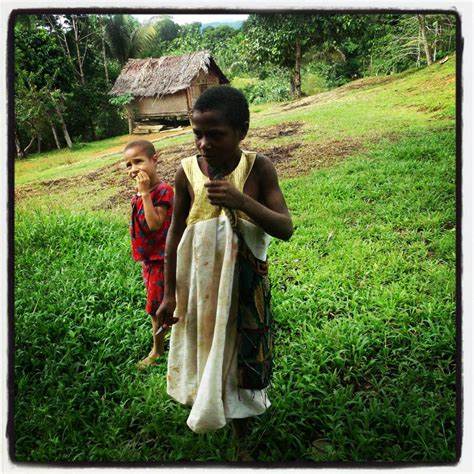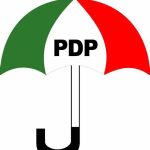I am writing these lines from Conakry, the capital of the Republic of Guinea. Like the good Count, Don Quixote De La Mancha, in Cervantes’ Don Quixote, the great book on chivalry; and one of the representative works of world literature, I mounted my horse again this week; it is not to tilt against windmills. No. This is a journey of discovery that has a root intales of childhood as well as being about origin. I will get back to that shortly; but the plan to come to Guinea was approved at work over a year ago, and it was beginning to appear as if it was not going to happen because events were cascading beyond the original plan at a speed which made it so difficult to accomplish. But at long last, I arrived in Conakry on Monday, on my first visit to this African country.
My teacher in Primary Three was World War II veteran, Mister Gomez; he was of Lagos Brazilian descent, and looking back now;he was one of the bestteachers I ever had! It was under him, that I began to flower as a pupil, because his literally combustible personality helped to liberate my initiative and intellect and he made learning such a pleasure! One fine morning he told us that we would have to tell tales of our origin in class. and he insisted that each pupil learned as much as we could about whom we really were. I was close to eight years old at the time, and got home to narrate the story to my father. That was when I first heard about the Futa Djallon origins of the Fulbe people and the epic tale of our dispersal into different parts of the Western Sudan..I have never lost myfascination with the Futa Djallon highlands and its place in West African history as well as geography: it is the ancestral home of our people; a revered place of Islamic scholarship as well as being the source of three of the great rivers of our region; the Senegal, Gambia and Niger Rivers. It is the searchfor these origins iliat brought me to Guinea.
Then there was the struggle against colonialism and Guinea’s defiance of the French. Charles De Gaulle had offered what amounted to a continuation of colonialism or independence;. but Sekou Toure, Guinea’s independence leader (said to be a descendant of the great warrior against 19i1iCentury colonialism, the Al-Mammy Samori Toure) chose independence, when 95% of the Guinean people vote NO to De Gaulle’s proposal. Martin-Meredith’s 2005 book, Thefate of Africa, said that “De Gaulle’s reaction was swift and vindictive. Despite polite overtures from Toure, all French aid was terminated. French civil servants and army units, including army doctors largely responsible for providing health services to the civilian population, were withdrawn. In a mass exodus, some 3,000 administrators, teachers, engineers, technicians and businessmen left the country. They took with them any French government property they could carry and destroyed what had to be left behind. Gov- . ernment files and records were burned; offices were stripped of furniture and telephones, even electric bulbs: Army doctors took away medical supplies; police officers smashed windows in their barracks”. These were punishment Guinea endured for rejecting colonial rule.
In subsequent years, Sekou Toure aligned Guinea with the radical current of African politics, and his poor but dignified country, became the rear base for the liberation struggle in n-eighbouring Guinea-Bissau. There was no gainsaying the fact that it was a most exciting epoch In African development. Unfortunately, Sekou Toure also had the negative side of a deep-seated insecurity, and the oppressive pall he cast upon the country worsened conditions; he alienated and purged the educated specialists who could have helped to build a modern state and generally ruined Guinea’s incredible potentials. His personality cult was maintained through severe repression and when he died, Guinea was taken over by General Lansana Conte, who died last year. So it is that this potentially rich country has remained locked into a vicious underdevelopment, despite its wealth: very rich agricultural land that can support farming all year round; huge deposits of Bauxite, Iron, Gold and Tantalite to mention just a few. I have eventually come into Guinea, and will see as much of the country, as the time on my hands will permit; but it is quite marvelous to be able to do this trip so steeped in the history of our coming into being as a people, as well as the rivers which
have fundamentally defined our region and lives. What can beat that pleasure?


